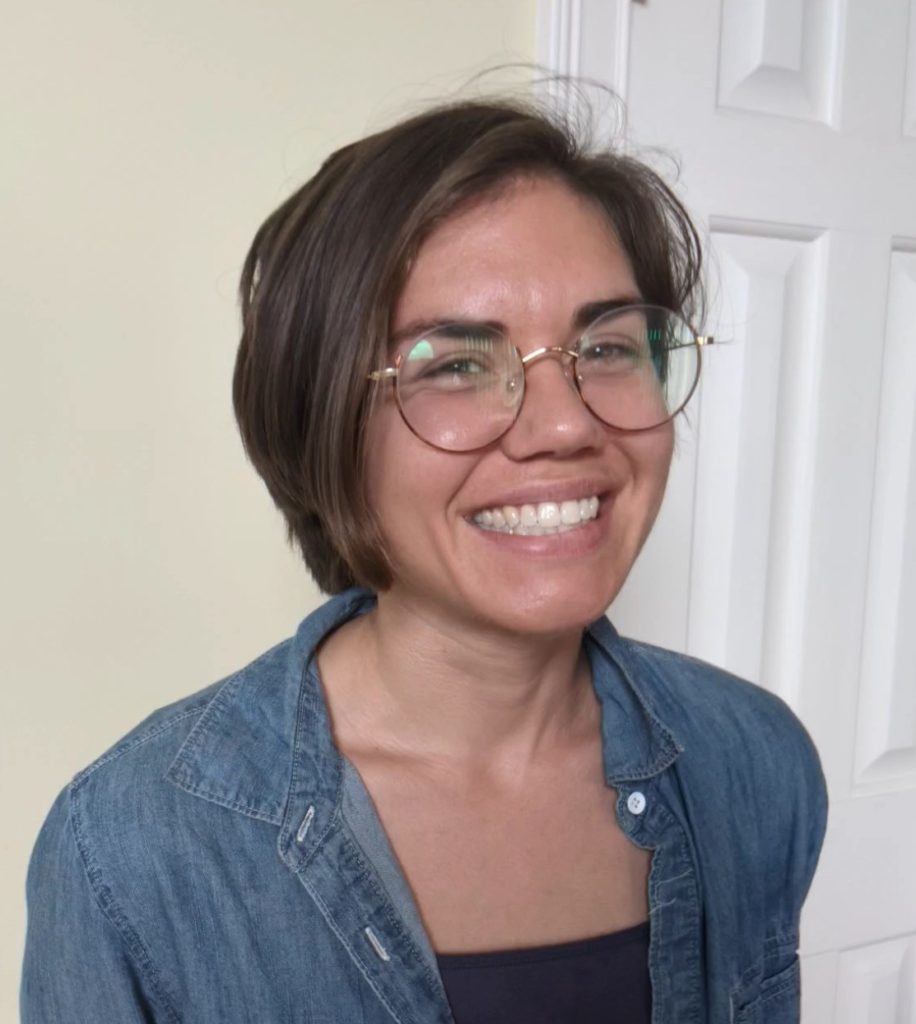Sara's Retrospective
It’s been nearly 3 years since the Division of Community Nutrition and Food Policy was created. COVID’s arrival forced the mayor’s office to acknowledge systemic issues that have hindered food security for decades. Once established through city
ordinance, Director Milele Kennedy and a rotating staff of 4-5 (including the
author) have implemented the city’s most concerted effort at food justice
reform.
Now 36 months later, the city has made its most conscious effort to mitigate the effects of hunger and inequity in the food economy. By networking across Indiana, the team have conducted business with federal, state, and local partners to secure funding and infrastructure to serve free healthy foods to over 8,000 families.
They invested in the local food economy to move 3,000+ pounds of produce
and nurture food Minority and Women Business Enterprises (MWBE). Innovative Division programs partner with existing organizations and services while providing startup funds for new community food leaders.
The DCNFP have proven their ability to directly impact city residents, while earnestly pursuing long-term reform. However, I suspect hungry residents, small farmers, and many stakeholders would disagree that enough has been done. That the city and community leaders must continue to fund solutions and promote resident-focused food options, is imperative.
A small city division could not address all aspects of food insecurity in only 28 months. Even a democracy of constituent representatives could not create stable mechanisms in so little time. Community programs usually can only address one issue at a time, and nutrition issues are symptomatic of deeper economic pitfalls and systemic inequalities.
A strong network of Indianapolis “food people,” then, is especially important to close the gap for residents’ food needs and inform the city how to invest in resources. Many passionate, often selfless leaders are necessary to understand and address food and humanitarian needs across neighborhoods. The Community Food Access Coalition is meant for to offer government representation to those leaders and neighborhoods, so do connect and participate! DCNFP knows equity cannot be achieved without representation. Please help them advocate for the city supports that residents deserve.


